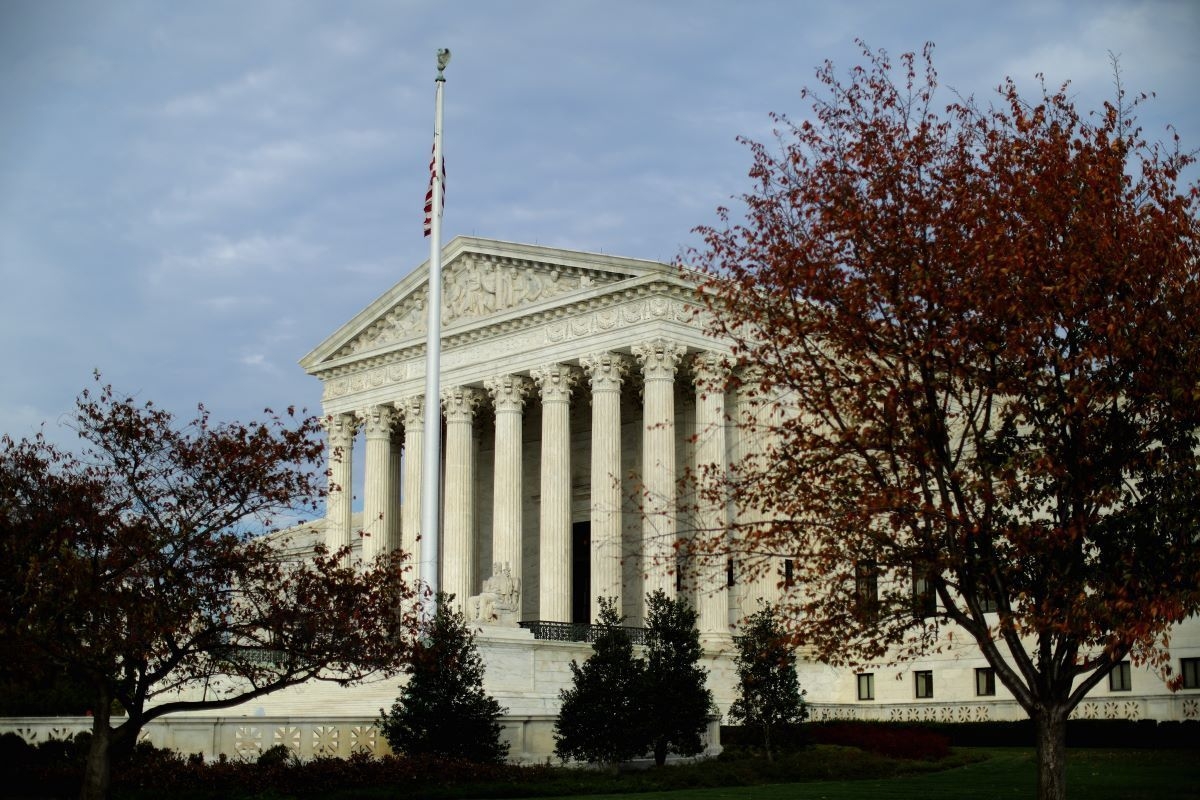

Published on: 04/02/2025
This news was posted by Eco-Friendly Homes
Description

The U.S. Supreme Court heard oral arguments Wednesday on whether South Carolina residents have a right to choose Planned Parenthood as a provider through the Medicaid Act as the state tries to exclude the nation's largest abortion provider from its Medicaid program.
The justices heard oral arguments in the case of Medina v. Planned Parenthood South Atlantic, which deals with whether it's legal for South Carolina to ban abortion providers from Medicaid.
John Bursch, senior counsel with the Alliance Defending Freedom, argued the case on behalf of South Carolina, saying that there is no "rights-creating language" in the Medicaid Act provision for qualified providers.

Subscribe to get daily/weekly email with the top stories (plus special offers!) from The Christian Post. Be the first to know.
"Congress did not use clear rights-creating language in the any-qualified-provider provision," said Bursch. "The provision speaks merely of obtaining a benefit from a third party, unlike traditional rights creating language, which confers a right directly."
Justice Elena Kagan, one of the court's three liberal justices, asked Bursch how he thinks Medicaid provision is not a "right" if the state "has an obligation to provide this particular thing."
"We understand colloquially that something might be a right doesn't mean that Congress has put a state on clear notice that it could be sued in federal court under [42 U.S. Code Section 1983] and subjected to liability and attorney fee shifting if it doesn't follow that provision," he answered.
Bursch mentioned "an administrative appeal process" for both individuals and providers if they are rejected, which he argued Planned Parenthood "haven't pursued their administrative appeal yet" but rather "went straight to court."
Much of the arguments focused on the phrasing of the Medicaid provision and whether it created a right to choose Planned Parenthood as a provider or if certain "magic words" needed to be included to prove it was a right.
Kyle Hawkins, counselor to the Solicitor General of U.S. Department of Justice, echoed Bursch's argument that the provision did not create a right to have any provider one wants.
Kagan told Hawkins that she was concerned about the reasoning behind not interpreting the law as bestowing a right, pointing out that "Congress wrote this statute a while ago."
She felt it was "not a fair way to interpret statutes that Congress passed many moons ago" by expecting them to use only a few specific words or phrases to mean that something is a right.
"We evaluate older congressional laws through modern jurist credential lenses," Hawkins responded. "That's the appropriate framework to evaluate congressional statutes."
Nicole Saharsky argued the case on behalf of Planned Parenthood, telling the justices that South Carolina "violated" the law when denying a patient the ability to select the abortion provider.
"This court has repeatedly said that 'magic words' aren't required," Saharsky said in her opening statement. "There's no doubt about what Congress was trying to do here. It enacted this statute because states were artificially limiting the providers in Medicaid."
"And that's the same thing that the state is doing now. And Congress made this an individual right because it recognized that when the state does that, it hurts individual patients. It is the individual's right."
Saharsky claimed that the language of the statute — "may obtain care from any qualified and willing provider" — is "the same thing" to a hypothetical phrasing of "any individual has a right to obtain care from any qualified and willing provider."
In 2018, Gov. Henry McMaster gave an order to the South Carolina Department of Health and Human Services to end Medicaid agreements with any abortion providers in the state.
Planned Parenthood filed a lawsuit along with a patient against South Carolina, with a federal district court blocking state enforcement of the order.
In March 2024, a three-judge panel of the 4th U.S. Circuit Court of Appeals unanimously upheld the lower court decision, with Circuit Judge Harvie Wilkinson, a Reagan appointee, authoring the opinion.
"This case is, and always has been, about whether Congress conferred an individually enforceable right for Medicaid beneficiaries to freely choose their healthcare provider," wrote Wilkinson.
"Preserving access to Planned Parenthood and other providers means preserving an affordable choice and quality care for an untold number of mothers and infants in South Carolina."
Wilkinson claimed that "if Planned Parenthood clinics in South Carolina were to be shuttered, other Medicaid-funded clinics in the state would be more hard-pressed to meet the demand in family planning care."
In a miscellaneous order released last December, the Supreme Court agreed without comment to grant a petition for a writ of certiorari in the case, then known as Kerr v. Planned Parenthood South Atlantic.
The arguments were to focus on question 1 of the petition, which asked the high court to determine if "the Medicaid Act's any-qualified provider provision unambiguously confers a private right upon a Medicaid beneficiary to choose a specific provider."
News Source : https://www.christianpost.com/news/scotus-to-decide-if-south-carolina-can-defund-planned-parenthood.html
Other Related News
04/04/2025
A CHAT training session in progressSU Australia An innovative intercultural training prog...
04/04/2025
Youve seen and heard it in the news War Calamities left and right Fascism Religious intole...
04/04/2025
COMIBAM is very excited to announce the Ibero-American Missionary Congress COMIBAM2025 und...
04/04/2025
The Archbishop of Canterbury Justin WelbyLambeth Conference Former Archbishop of Canterbu...
04/04/2025












